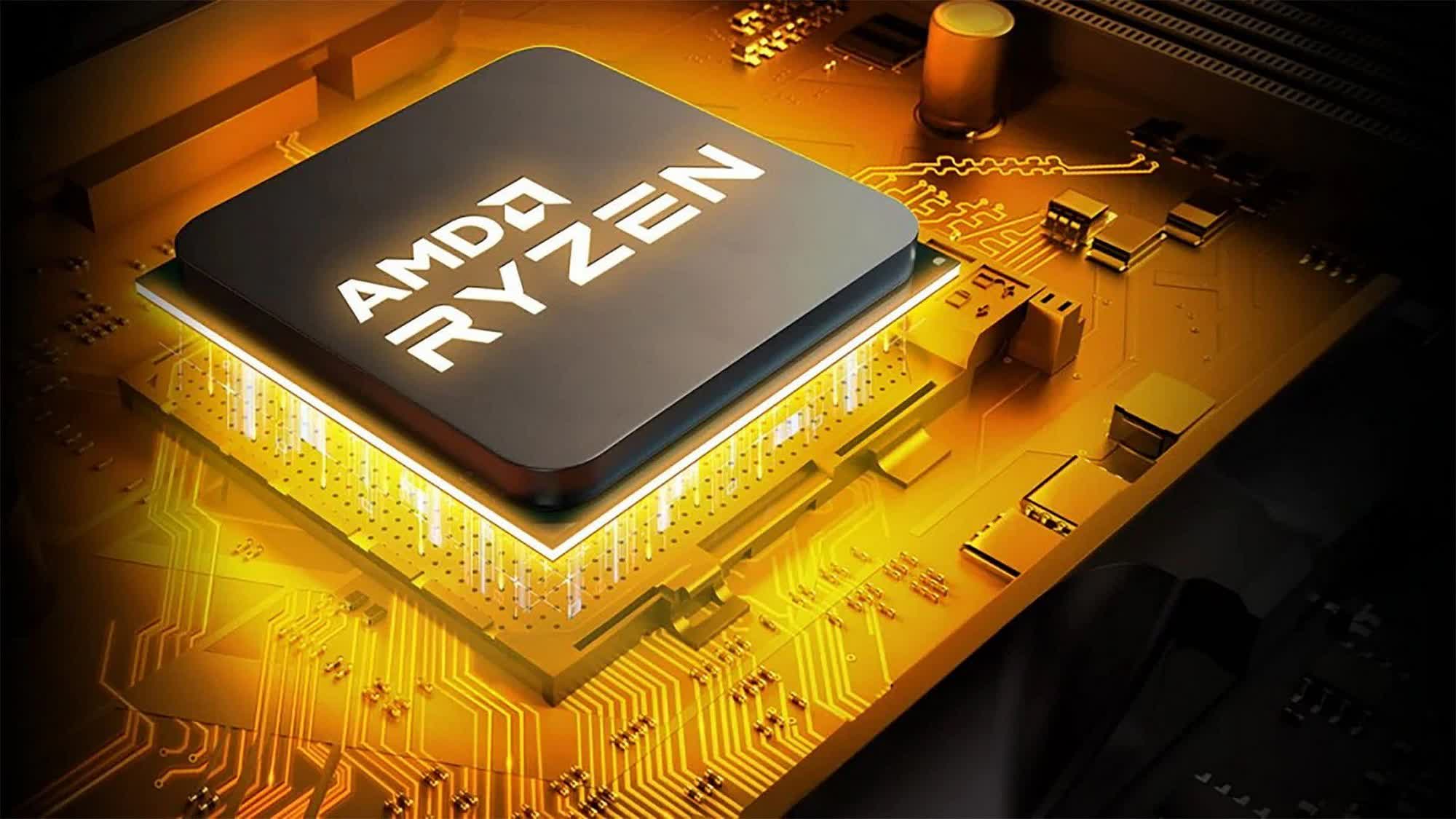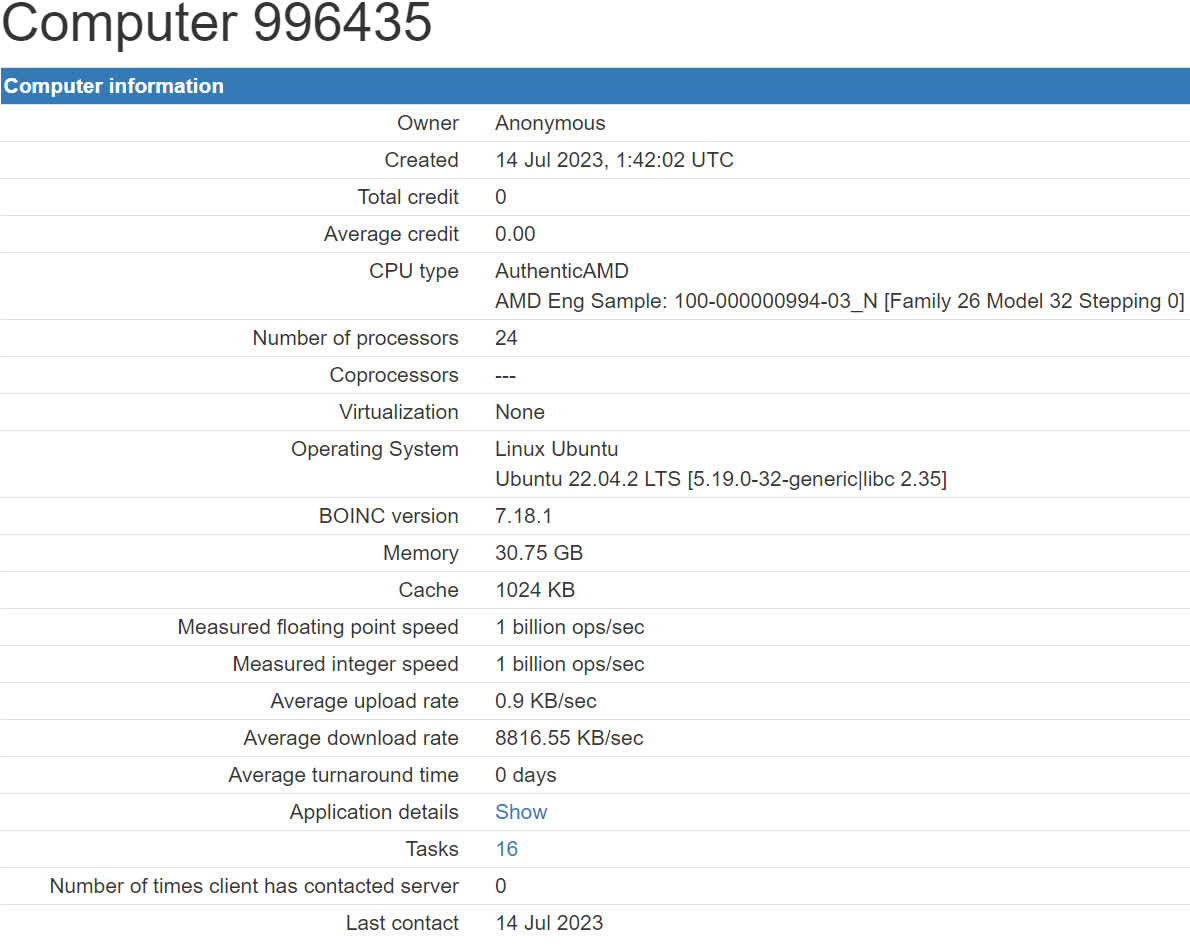What just happened? An upcoming APU from AMD's Strix Point series boasting 12 cores has been spotted on the MilkyWay@Home database. It's not the first time we've seen unreleased hardware from Team Red on the platform – Zen 3 and Zen 4 samples have also appeared in the past – however, this is the first time an engineering sample from the future Zen 5 lineup has been included, confirming that a 12-core version is in active testing at AMD.
MilkyWay@Home is a distributed computing platform that's been the source of several AMD leaks in the past, since the platform is regularly used by engineers for testing unreleased hardware. In this latest leak, the processor is identified as an engineering sample with the ID "100-000000994-03_N (AMD Family 26 Model 32 Stepping 0)". This indicates that the sample belongs to AMD's upcoming Strix Point series of APUs featuring Zen 5 cores.
This is possibly the first time we are seeing an engineering sample in the wild for this product family, set to succeed Zen 4-based "Phoenix" processors for thin and light laptops, and marking an increase in CPU core counts for this segment of ultraportables. Note that the "processor count" in the screenshot below refers to the thread count and not the physical core count, hence this sample is a 12-core version.
This information may be early confirmation that Strix Point will offer 12-core monolithic and 16-core chiplet variations. The 16-core version isn't meant to be a replacement for Phoenix Point but instead a whole new type of high-performance APU. According to reports, the 12-core version will potentially combine four Zen 5 and eight Zen 5c cores.
It's also been rumored that both Strix Point APUs, set to be branded under the Ryzen 8000 family, will utilize the RDNA 3.5 graphics architecture featuring more GPU cores and significantly faster performance. The 12-core version is expected to pack 16 CUs while the 16-core version is expected to pack a whopping 40 CUs and a 40 TOPS AI engine.
This would be great news for laptop users, as integrated GPUs are considerably more energy-efficient and gentler on battery life compared to discrete GPUs. If AMD can successfully integrate discrete-level performance into its mobile APUs, it would be set to bring stiff competition to Intel's releases of Meteor Lake and Arrow Lake CPUs next year.

